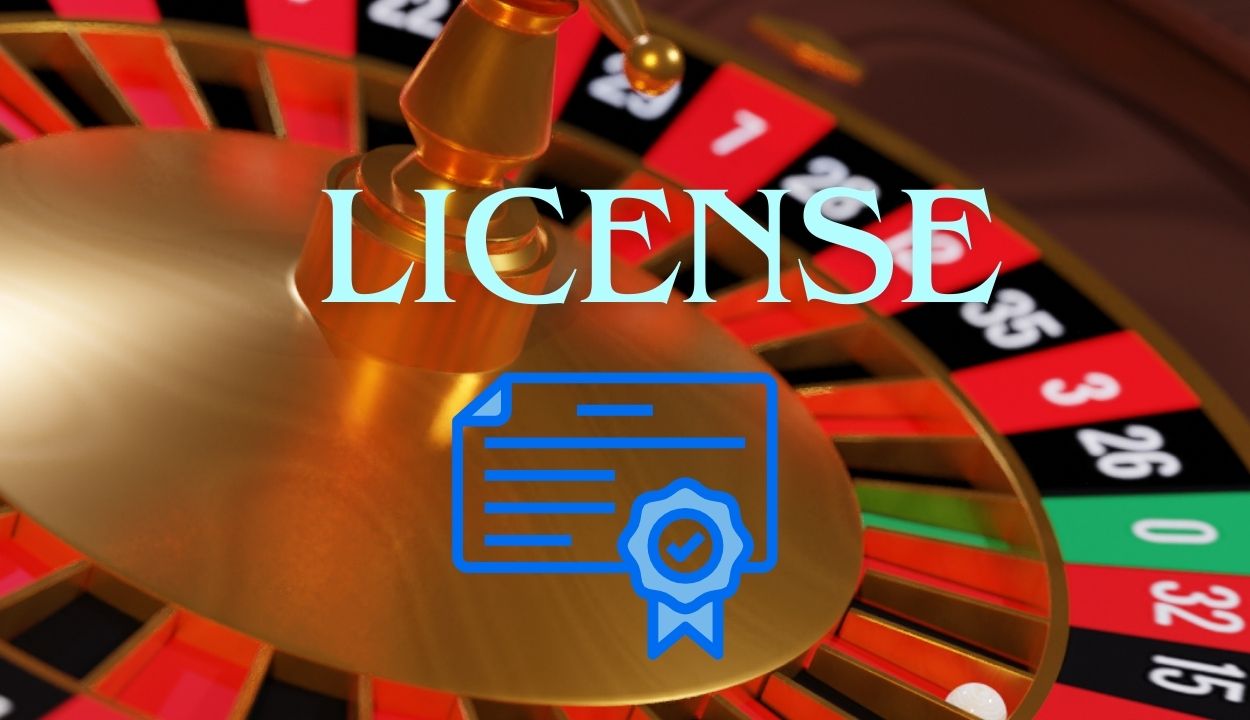
In the world of online gambling, obtaining the right license is a fundamental aspect for operators seeking legitimacy, player trust, and regulatory compliance. This article delves into the key elements surrounding gambling licenses, exploring their types, requirements, and the significance of obtaining one for a secure and lawful online gambling operation.
What is Gambling License?
A gambling license is an official authorization granted by a regulatory body or gambling commission that permits operators to offer gambling services legally within a specific jurisdiction. This license acts as a safeguard, ensuring that operators adhere to strict standards, maintain fairness, and protect the interests of both the players and the industry.
How Long Does a Gambling License Last?
The duration of a gambling license can vary based on the jurisdiction and the type of license obtained. Typically, licenses are valid for one to five years, after which operators must undergo a renewal process to ensure ongoing compliance with regulatory standards.
Cost of Gambling License
The cost of obtaining a gambling license varies significantly and depends on factors such as the jurisdiction, the type of gambling activities offered, and the scale of the operation. Fees can range from a few thousand to several hundred thousand dollars. Additionally, there are ongoing regulatory fees and compliance costs that operators must consider.
Gambling License Requirements
To obtain a gambling license, operators must meet stringent requirements imposed by the relevant regulatory authority. Common requirements include:
- Background Checks: Operators and key personnel must undergo thorough background checks to ensure they have a clean record and are of good character.
- Financial Stability: Operators must demonstrate financial stability, providing evidence of adequate funds to cover potential payouts to players.
- Player Protection Measures: Implementing responsible gaming measures, including age verification, self-exclusion programs, and tools to promote responsible gambling.
- Secure Technology: Employing state-of-the-art cybersecurity measures to protect player data and ensure a fair gaming environment.
Types of Gambling Licenses

Several types of gambling licenses cater to different forms of online gambling. These may include:
- Casino License: Allows operators to offer online casino games.
- Sports Betting License: Permits operators to offer sports betting services.
- Poker License: Specifically for online poker rooms.
- Lottery License: Authorizes operators to run online lottery services.
- Bingo License: For platforms offering online bingo games.
Offshore Gambling Licenses
Some operators choose to obtain offshore gambling licenses from jurisdictions that offer favorable regulatory conditions. Popular offshore license providers include:
- Curacao eGaming: Known for its straightforward licensing process and attractive tax rates.
- Isle of Man Gambling Supervision Commission: Renowned for its commitment to player protection and robust regulations.
- Malta Gaming Authority: Recognized as a reputable regulator with stringent standards for licensees.
- Gibraltar Regulatory Authority: Attracts operators with its business-friendly environment and tax benefits.
- Cyprus National Betting Authority: Offers a transparent and efficient licensing process.
- Macau Gaming Inspection and Coordination Bureau: Known for its association with high-quality casino operations.
| License Type | Regulatory Body | Application Process | Tax Regime | Market Access | Player & Operator Support |
|---|---|---|---|---|---|
| UK Gambling License | UK Gambling Commission | Rigorous and expensive | High fees and taxes | Access to the lucrative UK market, highly regulated | High standards of fairness, security, and social responsibility |
| Curacao Gambling License | Curacao Gaming Control Board | Fast and simple | Low-cost and flat-rate tax regime | Access to many international markets, affordable license | Limited protection and support for players, operators, and authorities |
| Isle of Man Gambling License | Isle of Man Gambling Supervision Commission | Quick and clear | Low and reasonable fees and taxes | Access to Commonwealth and European markets, whitelisted by the UK | High level of security, credibility, and innovation |
| Gambling License Malta | Malta Gaming Authority | Robust and comprehensive | Favorable and competitive tax regime | Access to the European market, compliant with EU laws | High level of trust, reputation, and professionalism |
| Cyprus Gambling License | Cyprus National Betting Authority | Strict and restrictive | High and complex tax regime | Limited to sports betting and lottery, restricted market | Low level of recognition, acceptance, and diversity |
| Macau Gambling License | Macau Gaming Inspection and Coordination Bureau | Exclusive and selective | Low and flat tax rate | Access to the Asian market, especially China | High level of quality, opportunity, and profitability |
| Online Gambling License Gibraltar | Gibraltar Gambling Commissioner | Stable and reputable | Competitive and attractive tax regime | Access to UK and European markets, whitelisted by the UK | High level of integrity, transparency, and efficiency |
Securing a gambling license is a critical step for any online gambling operator. Whether obtaining a license from a recognized authority like the UK Gambling Commission or choosing an offshore jurisdiction, operators must navigate a complex process to ensure compliance with regulations.
A legitimate gambling license not only fosters trust among players but also opens the door to a global audience in the competitive world of online gambling.
